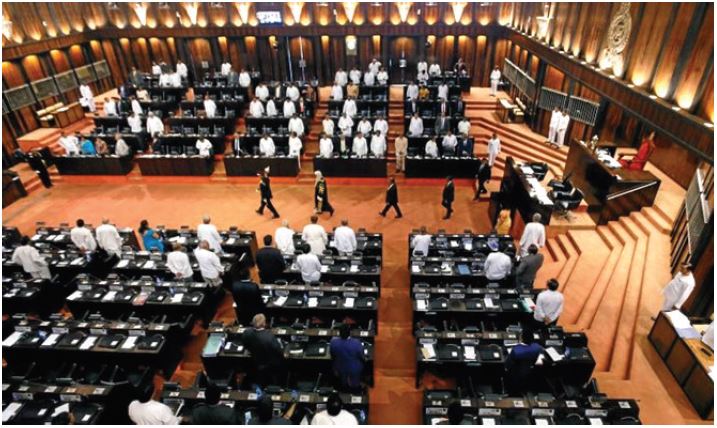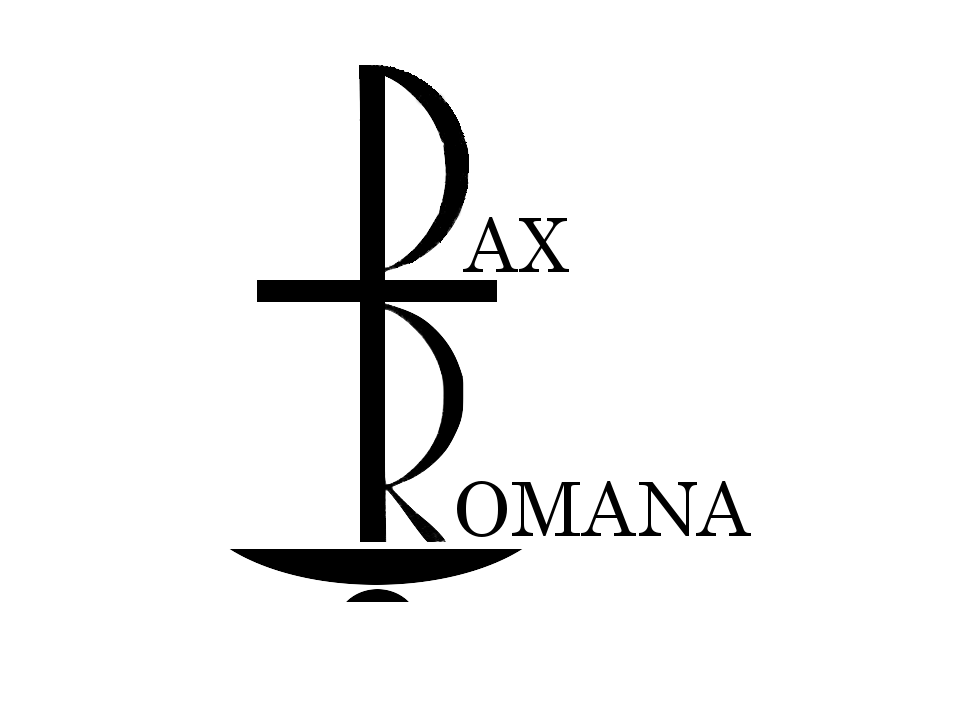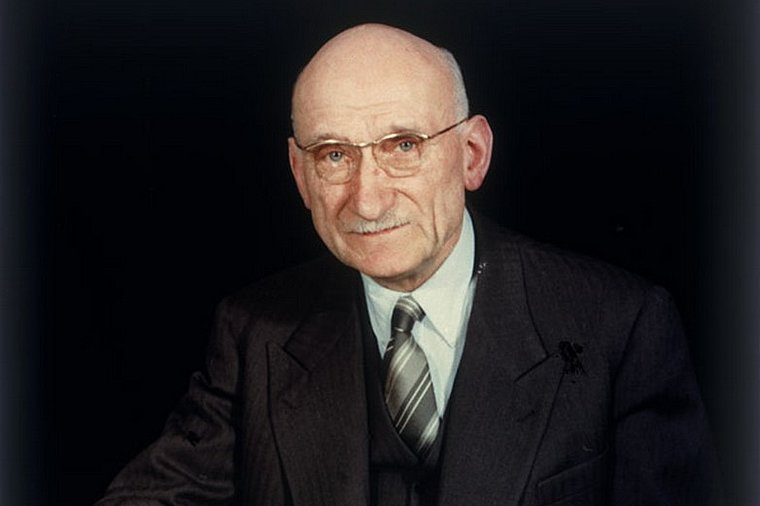The European Union was created as value-based. It was not in the first place an economic project. It was our answer to the cruelty and barbarism of World War II and all the preceding wars. The Union was based on reconciliation between nations and thus, on the restoration of human dignity, and the irreplaceable value of each human person. We renounced revenge. By dehumanizing others inexorably we are dehumanizing ourselves in a never-ending spiral of violence and hate. The EU stopped this fatal evolution.
A union of values
The fall of the Berlin Wall was also value-based. It was a victory over deceit, over dictatorship, over ignoring the uniqueness of every human being. A person was only one million divided by one million. A person was only just one part of the whole. Joining the Union meant joining those values, which we often call European values.
The role of Christians in the creation of the Union was crucial. Let us not forget that the two ideologies which were responsible for most atrocities in the previous century had nothing to do with religion nor with Christianity. Christians should remain the strongest defenders of the European idea. In today’s world we are confronted with new major challenges, with strong ethical implications.
My slogan is: ‘One civilization, many cultures. Our Western civilization is built on democracy, the rule of law, gender equality, non discrimination, the separation between Church and State, the social market economy. Within this framework there should be room for many beliefs and cultures. We need diversity. Once one accepts this model the number of Muslims or other believers is less important. The general feeling is that we are not there yet.
In any case, Christians should remain personalists. Humans have an inherent dignity that can never be relativized or diminished, nor do our fellow humans and society have any right to suppress or violate them. Humans are relational and humans are beings that engage i.e. beings that freely take responsibility for our own lives, but also for our fellow humans and for the community as a whole.
Christians should never forget that their fellow men are concrete persons, especially those in need. We become really engaged, morally engaged persons confronted with people crossing the Mediterranean in winter time, children perishing in the cold or living in tents in Calais. The sight of the faces of people may change our opinion and our behaviour.
Unlike many other ideologies, personalism does not claim to have an answer ready at hand to all the challenges and problems that we, as societies and individuals, face. There is no book with all the answers; there exists rather a collection of principles and guidelines that we may follow when attempting to say how we should treat one another and which role the state and other institutions should play in our societies.
Christians can have different views on economic policy; on the need of austerity or structural reforms; on the irregularities in our societies; on how to tackle climate change. Christians can give a different content to values as responsibility and solidarity.
We cannot go ahead with endless accumulation of public and private debt or with further deterioration of our environment and a depletion of raw materials and non-renewable energy sources. This would be generational egoism. We shouldn’t love only our own children but all children. Loving thy neighbour is not enough. All human beings, present and future, are our neighbours. It is as simple as that. We shouldn’t take any risks. Failing on the future of the human race is the biggest failure one can imagine.
The European Union took the lead in the COP-21 in Paris on climate change. We ‘sinned’ in the past – since the beginning of the Industrial Revolution – but we changed our policies. It shouldn’t be ‘too little too late’.
Christians are engaged in our Member States, whose developments are to a large extent independent from those in the EU as a whole. What about our social capital, loneliness, unhappiness, our family capital, the distribution of income, development aid, the role of education, the balance between work and personal life, between productivity and the quality of life? In all those domains we need a humane dimension even in a global, highly competitive economy. There are no clear-cut answers but the approach is important. Personalism is the only way to look at things.
We live in secular societies. It is not a threat for Christians. On the contrary, it is a real opportunity. We have to make our own choices, to convince others. Even to lead by example. Since the arrival of Islam in Western Europe old rivalries between Christians and non-believers are none too prominent any more. The landscape is more diverse. On the one hand, religion in general is blamed for the crimes of extremists. ‘Religion means war’. On the other hand, religion is again a factor in our societies.
The need for dialogue
Dialogue is needed more than ever, not only in looking for common values but also being aware of the differences as far as the embodiment of values are concerned. Therefore the dialogue has to be genuine. In interpersonal relations the ‘other’ is different from who I am. We live with and love people who can never be like us. Differences are a part of life. But living together means looking for common ground, where we can live in harmony. Dialogue leads to convergence. Dialogue is a part of the culture. Integration is not assimilation but the paradigm of ‘one civilization, many cultures’ is still valid.
Our societies are changing dramatically due to technology, biotechnology, prosperity, medical progress, globalization, immigration etc. The worst behaviour is folding in on oneself and being dominated by fear. This is the source of conflict and violence. Our approach has to remain hopeful (“Wir schaffen das”, “yes, we can”), being on the side of Eros and not of Thanatos. Christians have to contribute to this societal change, even from a position of ‘the remnant of Israël’.
Herman Van Rompuy, President Emeritus of the European Council, reflected in a keynote speech in the Chapel of Europe in Brussels the 20th January 2016 on the values of the European Union.
http://www.europe-infos.eu




Leave A Comment
You must be logged in to post a comment.